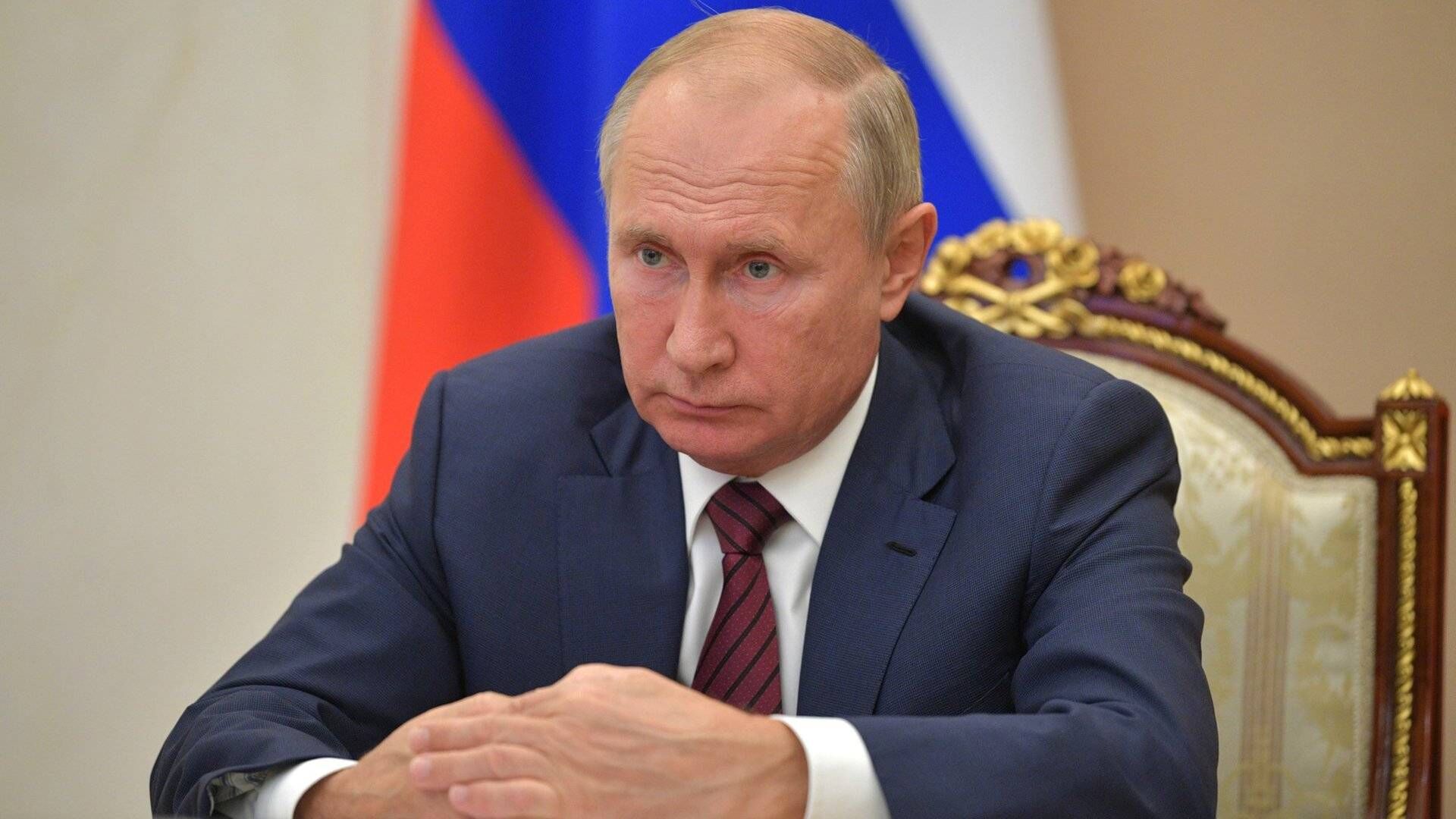Taking sides

With another week gone by, it is becoming increasingly apparent that the Ukraine stand-off between Russia and the West is moving towards some kind of concluding act. It is a testament to how tense the situation is that no expert can yet give any clear indication of how the crisis will resolve itself. Will Russia blink and step back from the face of conflict, international pariah status and unprecedented financial woes? Or will the Western allies falter as they did in 2014 and put the final nail in the coffin for the fate of NATO? And what comes after that? These are all questions that face the world as both Russia and the West escalate tensions at Ukraine's eastern border. Russian leader Vladimir Putin wants the West to accept East Europe as Russia's sphere of influence, to promise to never bring NATO influence and troops in the lands of the erstwhile Soviet Union. In a sense, as some have put it, he wants to renegotiate the end of the Cold War when Russia decisively lost the game of influence it was playing against the United States. There are other factors too. To begin with, the Russian leadership has been quite unambiguous in stating that it sees Ukrainian sovereignty as a mistake of history that must be fixed, an aberration. Putin and his followers frequently refer to the ancient state of Kievan Rus' to justify their narrative that the Ukrainian people were never separate from Russia and its history. Other observers note that Russia's obsession with Ukraine stems from the fact that the Soviet Union and its predecessor, the Russian Empire, always viewed Ukraine as the crown jewel of its great domain for reasons that are both symbolic and pragmatic. Then there are also those who see Putin's antics in Ukraine as his way of distracting from his waning popularity back home with good, old-fashioned jingoism. Others still simply see Putin reacting to what he sees as an active and slow-moving act of encroachment as the West slowly surrounds Russia with a fence of NATO allies. Regardless of Russia's reasons, it is undeniable that Putin means business and he is likely not stirring the pot for the heck of it. With over a hundred thousand troops deployed alongside war machines and equipment, Russia has undeniably escalated the situation to a point where it cannot simply turn back without achieving some part of its as yet inscrutable objectives. On the other hand, the US is also not willing to back down. Joe Biden faces considerable opposition against his presidency back home with poll numbers slipping. Four years of Trump and a disastrous US pullout from Afghanistan has also made the global community wary of relying on the US to maintain world order. This is why Joe Biden cannot step back without irreparably damaging his own presidency and the position and prestige of the world order maintained by the US. But there is so much more at stake than a simple Cold War-era pissing contest between two military superpowers. Beyond the fact that the Ukraine crisis could engulf Europe in its bloodiest war since the end of the Second World War, the outcome of this crisis could also have a major impact on global politics. As Russia defies the US and its world order, countries like China and Iran look on for any signs of weakness. If the US and its allies falter in Ukraine, what would it mean for Taiwan which also relies on the US for its safety from Chinese invasion? And what about India? This whole crisis has placed India in an increasingly awkward position. As may be known, India has always historically been a close ally of the USSR and its successor, the Russian Federation. Though the relationship has somewhat cooled in the post-Cold War era, it remains strong to this date. At the same time, India's relationship with the West and particularly the United States has continued growing in the last few decades. While this act of strategic balancing may have worked in India's favour before, the space for strategic balancing is shrinking. Though India has yet to take an official stand on the matter, the US has already reached out to India this month to discuss Russia's "concerning military build-up" at the Ukraine border. Even back in 2014 when Russia had conquered Crimea, India had taken a mixed stance where it expressed concern over the situation but also recognised Russia's "legitimate interests" in the whole scenario. This sort of ambiguity may have worked back in 2014 but things have changed considerably. For one, India's strategic relationship with the West is far stronger and the US is unlikely to appreciate India playing along with both camps in the unfortunate event that the Ukraine crisis reaches its boiling point. At a time when India is confronting a belligerent China, it is not exactly advisable to burn down bridges with Washington. But recent tensions with China also give India a reason not to antagonise Russia as India's military force still overwhelmingly relies on Russian equipment. For now, neither the West nor Russia is intent on getting India to commit to either side. Indeed, Putin is pragmatic enough to simply appreciate the fact that India is taking a "restrained and objective stance" on the whole matter. But India cannot wait for the situation to explode before it decides to act. Indeed, as some experts have pointed out, the best way forward for India would likely be to position itself as a force of mediation between the West and Russia given its unique position of being friendly with both sides.



